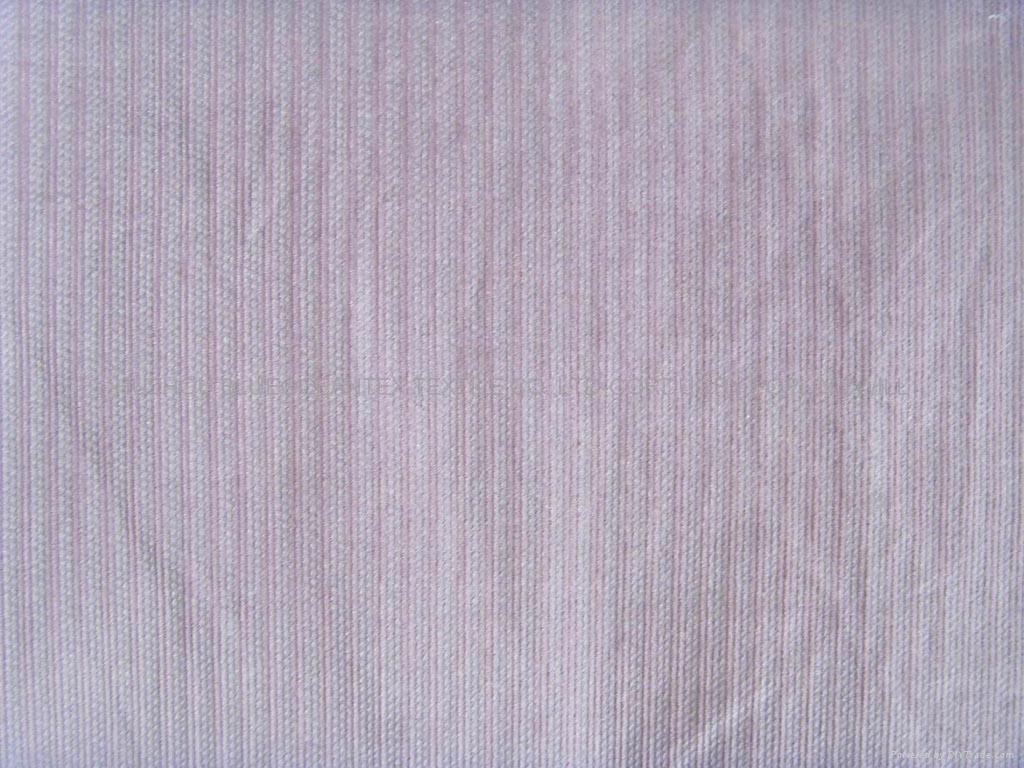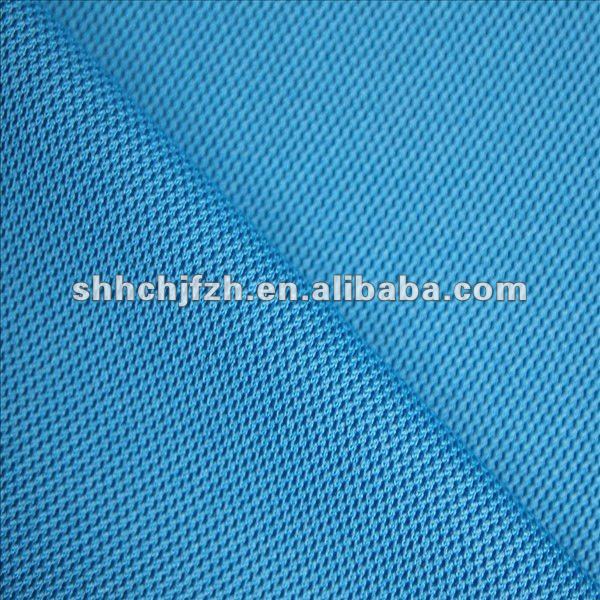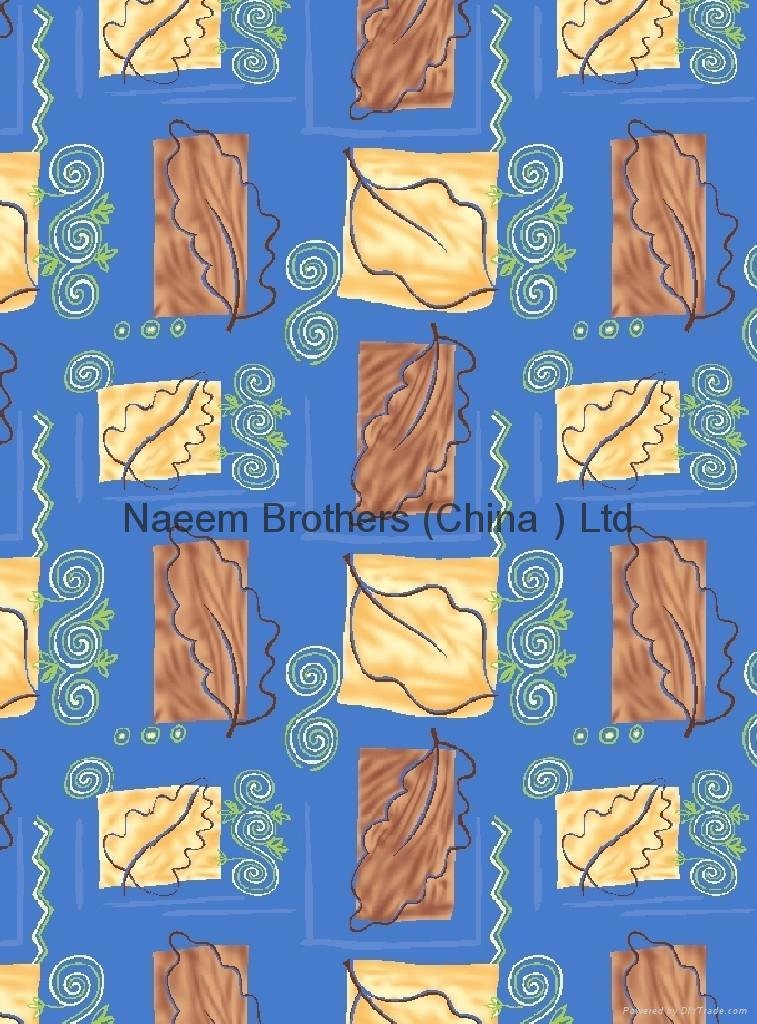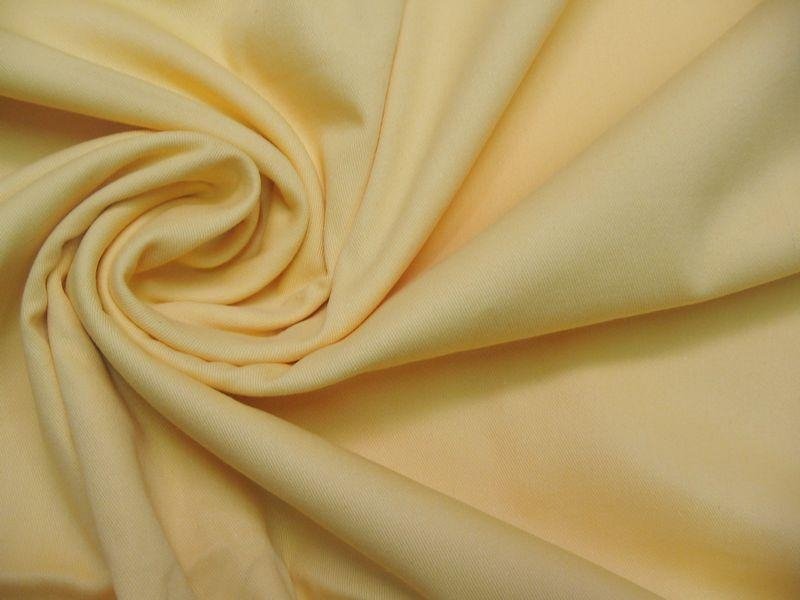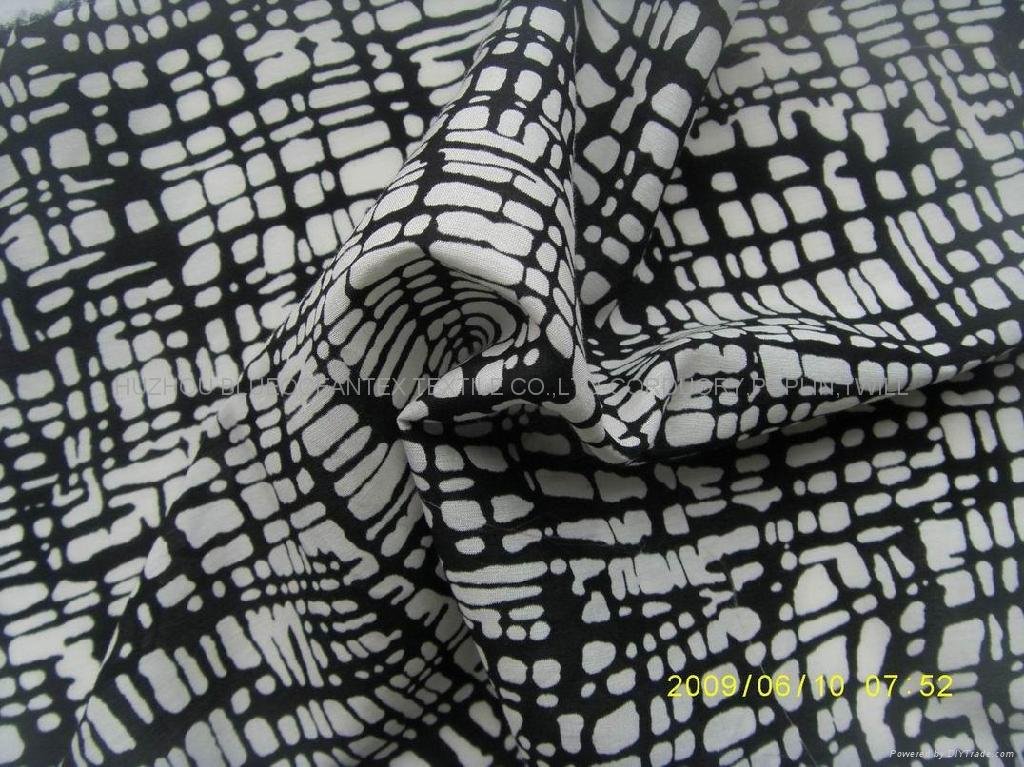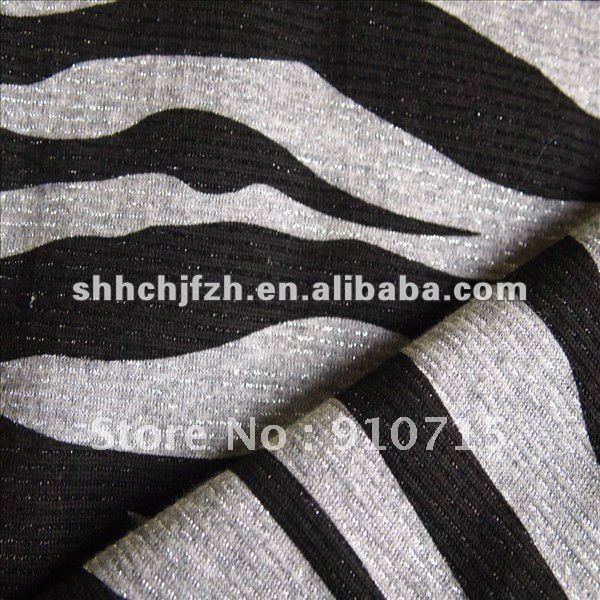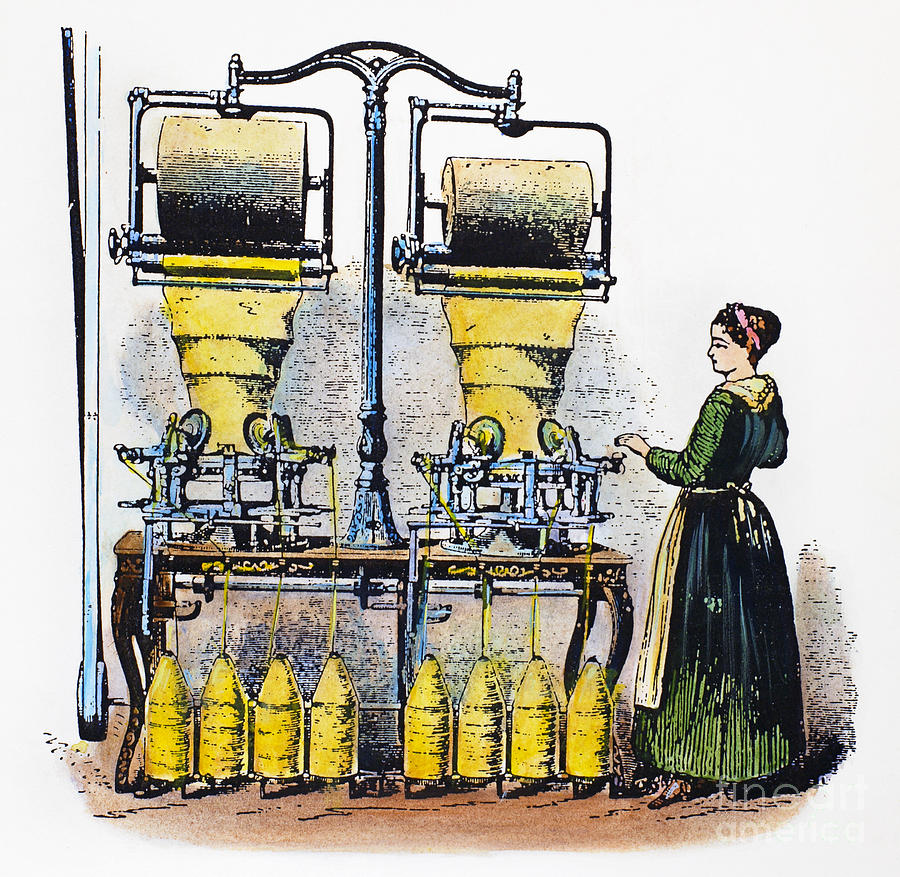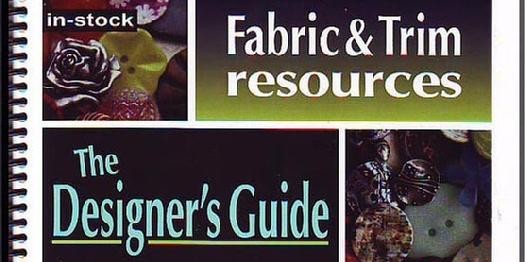Textile Manufacturer Details
seed cotton goes in to a Cotton gin.
The cotton gin separates seeds and removes the "trash" (dirt, stems and
leaves) from the fibre. In a saw gin, circular saws grab the fibre and
pull it through a grating that is too narrow for the seeds to pass. A
roller gin is used with longer staple cotton. Here a leather roller
captures the cotton. A knife blade, set close to the roller, detaches
the seeds by drawing them through teeth in circular saws and revolving
brushes which clean them away.The ginned cotton fibre, known as lint, is then compressed into
bales which are about 1.5 m tall and weigh almost 220 kg. Only 33% of
the crop is usable lint. Commercial cotton is priced by quality, and
that broadly relates to the average length of the staple, and the
variety of the plant. Longer staple cotton (2½ in to 1¼ in) is called
Egyptian, medium staple (1¼ in to ¾ in) is called American upland and
short staple (less than ¾ in) is called Indian.
- The cotton seed is pressed into a cooking oil. The husks and meal are processed into animal feed, and the stems into paper.
Textile Manufacturer
Textile Manufacturer
Textile Manufacturer
Textile Manufacturer
Textile Manufacturer
Textile Manufacturer
Textile Manufacturer
Textile Manufacturer
Textile Manufacturer
Textile Manufacturer
Textile Manufacturer
Textile Manufacturer
Textile Manufacturer
Textile Manufacturer
Textile Manufacturer
Textile Manufacturer
Textile Manufacturer
Textile Manufacturer
Textile Manufacturer
Textile Manufacturer


